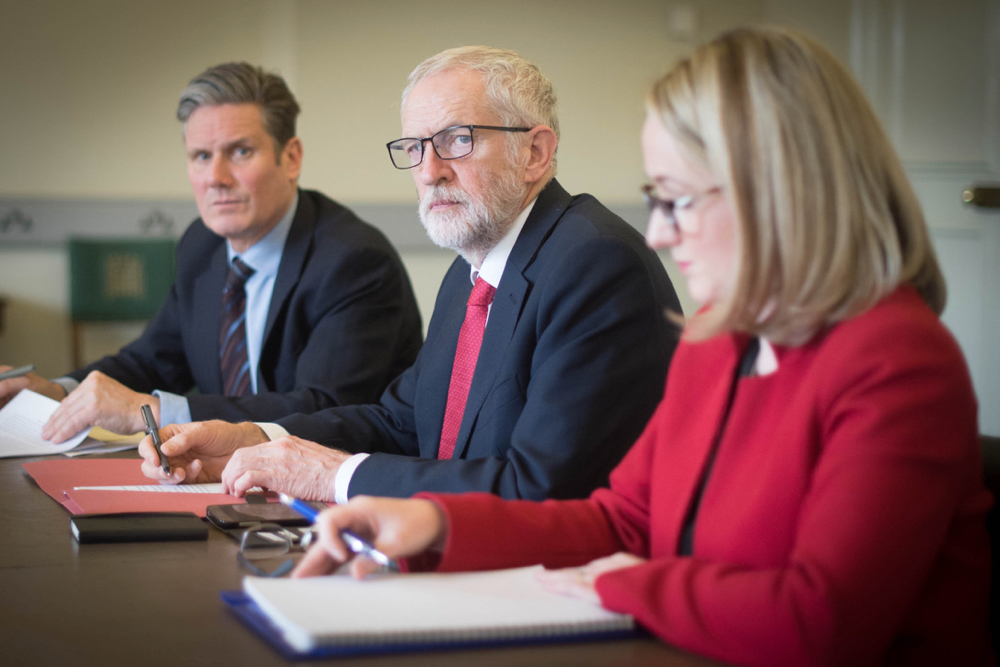During the Standing Together Rally against knife crime last month, Cardinal Vincent Nichols spoke of the urgent need to give young people a sense of purpose and a place of belonging. Highlighting the necessity to provide teenagers with ways to discipline their energy and emotions, he cited the example of church boxing clubs in his childhood Liverpool, where young people were “taught discipline and right use of strength.”
I question now whether there is another, gentle way that we can harness this youthful strength, and help young people channel their outward orientated energy and inner emotional life, to contribute to building better communities?
A possible answer lies in the St Vincent de Paul Society (SVP)’s Young Vincentian programmes. Mini Vinnies, Youth SVP, B-Attitude and SVP1833 are age group specific Young Vincentian apostolates in schools, parishes, colleges and universities.
The different apostolates encourage young people to observe what need or poverty there is existent in their immediate surroundings. They are taught to reflect, themselves, on what they can do, and then take action to address the need. It’s called ‘see, think, act’, and is part of ‘turning concern into action’, a central tenet of the Vincentian vocation.
Actions can be simple. For a seven-year-old Mini Vinnie it might be observing a child lonely in the playground and approaching them to make conversation, or seeing a teacher struggling with books and then helping by opening a door. Or actions can be more collective and organised such as 14 year old B-Attitude group members arranging a hamper collection for local families in need, or hosting a lunch for the homeless community in the school or church hall.
Whatever the practical action, the effect is to encourage young people to engage thoughtfully and actively in their communities – family, school, church, town, city. This breeds a ready spontaneity to do good.
In each group, young members themselves lead, and manage these hubs of good work. Each Young Vincentian group has its own president, treasurer and secretary, all young people, and is facilitated by an appropriate adult – a teacher or parent for example.
To help, the SVP’s Young Vincentian’s staff team provides carefully designed resources for the meetings, including prayers, activity ideas and guidance for the young people to follow and build on. There are also Young Vincentian Development Officers (YVDOs), a team of educationalists who are there to support adult coordinators in schools and parishes.
In speaking with some YVDOs, I heard how work with young people can help growing youngsters see their own influence and agency in shaping what happens to them and around them. It encourages youngsters to build their identities – often burgeoning and ultimately fragile and in bloom - around a Christ centred sense of their own goodness. One YVDO, Anne Johnson told me how Eoin, an 18 year old B-Attitude member expressed to her he was “living the Gospel.”
Beth, a former Youth SVP member shared her thoughts: "It’s really important to make children, especially teenagers, feel like our ideas and opinions matter. Within my own parish, the Youth SVP group provided a safe space for us to express ourselves and allowed us to take on roles that made us feel valued and fulfilled."
When children start to identify their own ability to contribute to their communities, becoming aware of the many advantages in doing so, it brings with it a sense of empowerment and as Beth said, fulfilment. This not only nullifies the desire to engage in gang warfare and violence, but also switches the direction of energy away from embitterment, alienation, revenge that can lead to knife crime, and toward shared responsibility to help others.
It’s a sad reality that with government austerity measures and cuts to services like youth clubs and libraries, our young people have been surrounded by an expanding vacuum in which negative influences can pervade. The Young Vincentian apostolates however, provide an infrastructure to help them grow and mature in safe and secure loving environments.
Part of this infrastructure is the intergenerational family of adult SVP groups with whom the children and teenagers are invited to connect and run activities. In Whitstable for example, a Youth SVP group of teenagers collaborated with their local parish adult SVP group to run a club night for young refugees new to Kent.
It allowed young people to connect with peers, and to form friendships and share experiences with refugees, and with adults in their community. It was fruitful on many different levels, while being enjoyable for the teenagers.
Because the programme is designed for different age groups, and can progress into university and then adult SVP groups, there flows the sense of onward development, progression, and continuation. Adults can journey with young people, and young people, by being role models to their peers, can accompany one another.
Rather than a desensitisation to violence, borne of trauma, abuse and neglect, the Apostolates raise sensitivity to every person’s dignity as a human being. Instead of the strong preying on the weak as so often happens in gang culture, the stronger members of the classroom or community step forward to help their more vulnerable peers.
Every step of the way, young people are encouraged, through Vincentian values of compassion, generosity, responsiveness, and accountability, to express and apply their faith and inner goodness in practical ways. The programmes can thereby switch the current pattern of increasing violence, towards burgeoning charity.
The SVP believes that goodness lies at the heart of every young person. By helping young people tap into this goodness, society can help them refocus their energy away from violence, and into practical, constructive relationship building actions toward others. The cycle of violence is intercepted and reversed, and rather than being dragged into a downward pattern of violence and revenge, young people can be directed toward service, creativity, and love of their neighbour.
Anita Boniface is Senior Media and Communications Officer at the SVP and a freelance journalist
To find out more about the Young Vincentian Programmes, email Moira Dawe, Programme Manager MoiraD@svp.org.uk or visit www.svp.org.uk.



 Loading ...
Loading ...
What do you think?
You can post as a subscriber user ...
User comments (0)